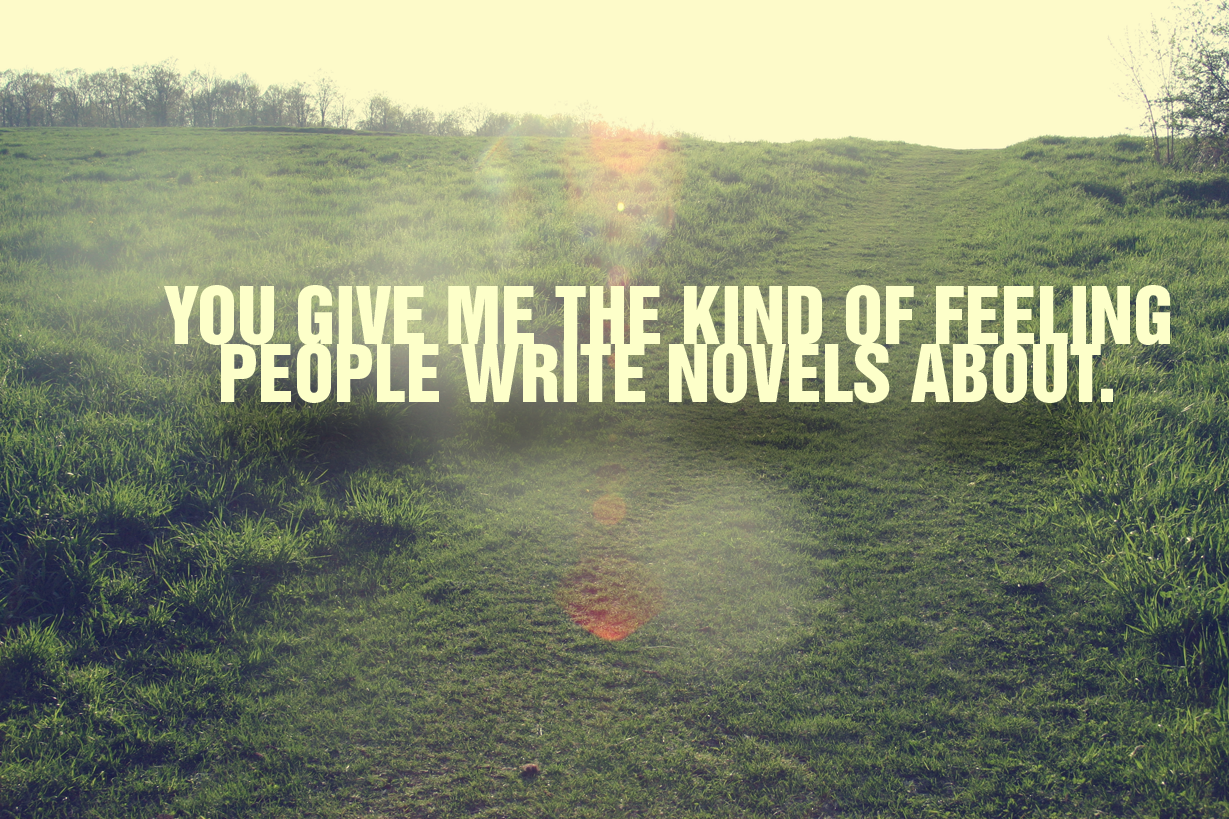
Diamond is probably best known for his book
Guns, Germs and Steel: The Fates of Human Societies, which dissected the reasons that certain societies thrive while others sputter and die out. And it’s hard not to compare this book to that one, as both cover similar territory. But while
Guns continually introduces new principles contributing to the fate of societies throughout the book, Collapse seemed to just introduce new cases to illustrate the same principles repeatedly. And for that reason, it started to lose my interest about midway through.
To be sure, there are interesting stories. I was fascinated by the Easter Island section, in which it seems that those giant statues for which the islanders became so famous were most likely the greatest cause of their demise; so many resources were burned through as different groups on the island competed to build larger monuments that before too long, there were no trees and the environment was in shambles.
The answer of this book’s central question (Why do societies collapse?) is that they use up their natural resources. And perhaps that’s why it felt monotonous to me at parts. There is no mystery, as the title of the book suggests. It’s resource management. And we see this again and again. The way it happens varies from case to case, and Diamond outlines several factors that can create, or combine to create, natural catastrophe. He also uses varied cases, both in time and place--Pacific Islanders, Anasazi, Vikings, Mayans, modern Rwanda and Australia and his home state of Montana, where the current struggle for land management is critical. But with all these varied examples, it’s the same story over and over.
Diamond does not take a tree-hugger’s perspective to the issue of environmentalism, and there is nothing obviously political in his approach. It’s a cautionary tale, for certain, but he both criticizes and applauds modern efforts by governments, organizations and corporations for their roles in resource management. Because, as the cases illustrate, environmentalism is not a political matter. It’s not about being able to go camping. It’s a matter of survival. When a society depletes its resources, through mismanagement or war, or because its population grows so large that its natural resources cannot support it, collapse is eminent.









